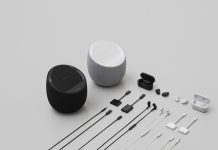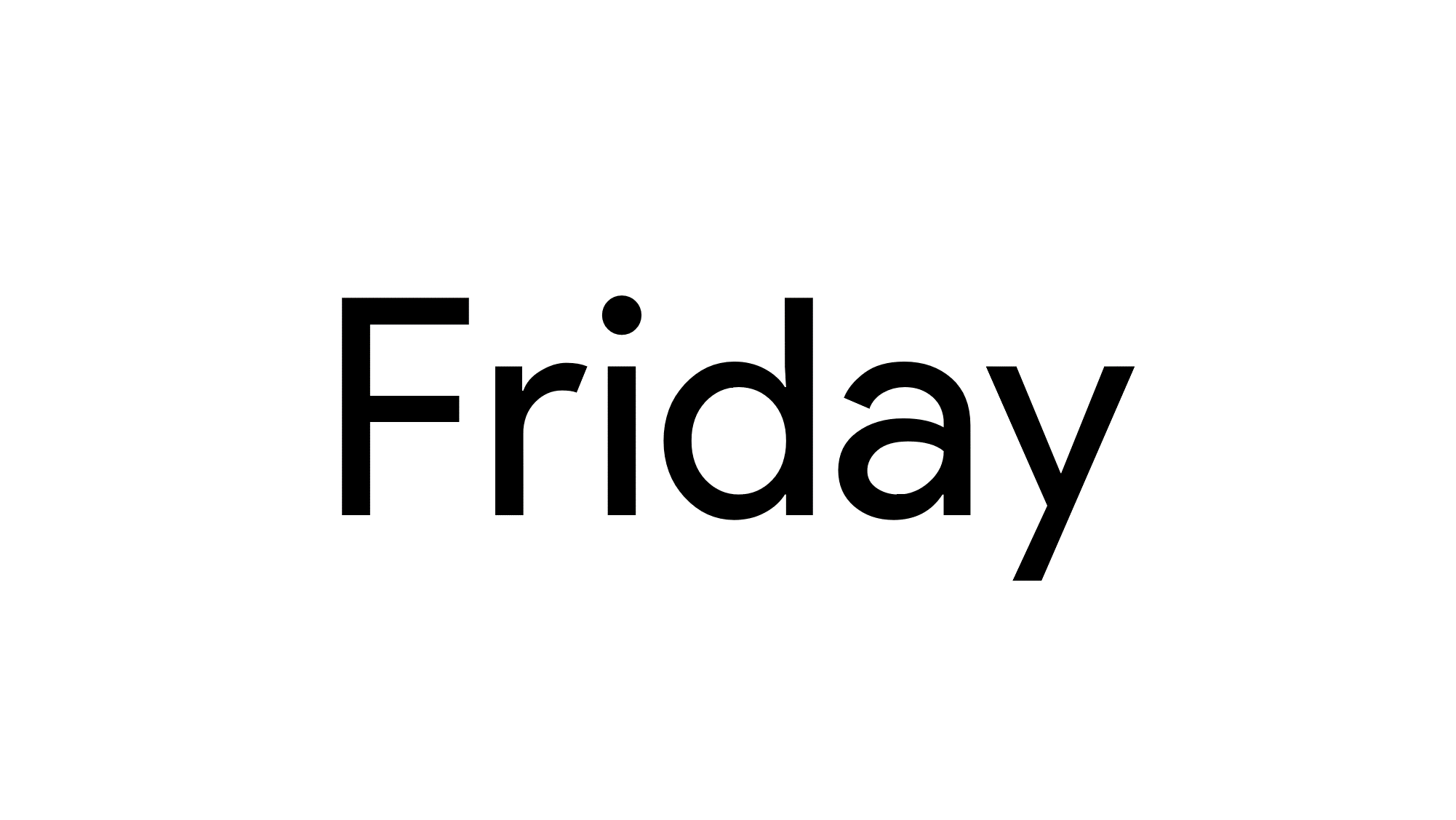
Well know fitness accessory manufacturer Fitbit, has today introduced new functionality for sleep scheduling on selected Fitbit trackers through the Fitbit app.
We all know that sleep is vital to your health, in theory we should be getting between 7 to 9 hours a day to allow us to function at our peak levels throughout the day. Sleep is key in general health and well being, assists us in protecting against cardiovascular disease, diabetes and obesity, to boosting neuro-cognitive functions, mental health and longevity. Now lets get back to the real world where we’re all time poor and often burn the candle at both ends in order to achieve daily targets. Understanding how people work in the real world, Fitbit have engaged with a panel of sleep experts (what a job hey!) and introduced Sleep Schedule which enables users to
- Personalise sleep goals based on your sleep data to achieve your optimal amount of sleep each night
- Customise bedtime and wakeup targets to establish sleep consistency
- Reminders to stay on schedule, and a sleep schedule history to chart your progress
The function will be available from today on the Fitbit app, which is available free in Google Play (and the Apple app store) and is compatible with all of their devices that track sleep, the list of which includes the:
- Fitbit Zip
- Fitbit Flex
- Fitbit Charge
- Fitbit Charge HR
- Fitbit Alta
- Fitbit Blaze
- Fitbit Surge
- and through manual sleep tracking with the Fitbit One
Clearly taking the focus away from just tracking sleep but more at introducing good habits to encourage more consistent and better quality of sleep.
According to Fitbit’s sleep experts, adhering to a consistent sleep routine is one of the most important things people can do to improve their sleep: “If you’re constantly changing your sleep routine, it can have the same effect as giving yourself jetlag because you are continually changing your circadian rhythm, also known as your internal clock, which can negatively impact your health and wellness,” said Michael Grandner, PhD, MTR, CBSM.
There are plenty of devices that track sleep already on the market including multiple devices from Fitbit, but all they do is tell users how much sleep they’re getting. Fitbit have taken a positive step toward not only encouraging their users to be more active but also getting enough rest on a daily basis as well.
Does the extra detail in Fitbit’s approach lean you towards their wearable offering when you next upgrade?





Don’t have a fitbit but I did have a Basis B1. It wasn’t much of a watch but the sleep analysis was great and apparently it was really accurate stuff.
I’m kinda pissed that Basis haven’t released more product / gone mainstream especially since they’re owned by Intel.